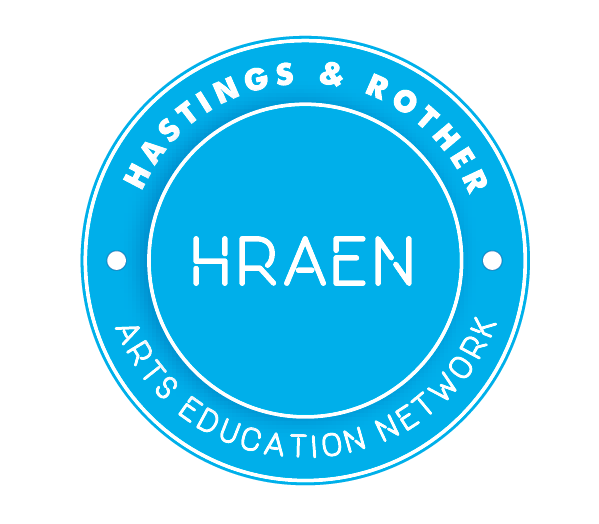|
Schools Minister Nick Gibb has announced that the English Baccalaureate (EBacc), a list of subjects that secondary schools must include in their GCSE curriculum if they are to attain an ‘outstanding’ status through Ofsted, will be compulsory and will not contain arts subjects. In a speech entitled “The social justice case for an academic curriculum”, Gibb brushed away concerns that a range of compulsory subjects in the national curriculum would “crowd out” arts subjects, offering “no apology” as “the curriculum always involves trade-offs”.
Key elements of the EBacc were outlined in a Conservative Party manifesto pledge for “secondary school pupils to take GCSEs in English, Maths, Science, a Language and History or Geography”. In addressing concerns that excluding the arts from the list would “crowd out” the number of people taking such courses, Gibb noted that a series of other “important and interesting” subjects had also been excluded – such as Esperanto and den building – and that the question to ask was whether a subject was “sufficiently important to justify reducing time available for existing subjects in the curriculum”. Noting that the government is committed to spending “over £270 million in music education programmes between 2012 and 2016”, he defended his position on the grounds that music and arts do have a place in the curriculum as “statutory subjects”. But under this scenario, Music, Art & Design, and Design & Technology would join only Computing, Physical Education, Citizenship and Welsh as statutory subjects for which a final exam will not be mandatory. Neither dance nor drama is a statutory subject, and schools are free to choose whether or not to teach them. In response to the announcement, The Incorporated Society of Musicians (ISM) is stepping up its ‘Bacc for the future’ campaign, which gathered 46,000 members of the public and more than 120 creative industry bodies in opposition to the EBacc when it was first announced in 2010. “The creative industries are worth £76.9bn per year to the UK economy, and the educational importance of creative subjects cannot be over-estimated,” said Deborah Annett, Chief Executive of ISM. “It should be a great concern to all of us that the Department for Education seems to be playing fast and loose with the country’s economic and educational wellbeing. “This policy will have a devastating impact on the arts and music in school. The Government should reconsider their plan.” ISM pointed to falling enrolment rates in arts subjects across schools as proof of the detrimental effect of a focus on “academic subjects”. The number of students studying music has fallen from 60,000 in 2007 to under 43,000 in 2014; in Art and Design, the number has fallen from 211,000 to 177,000; and in drama, the number has fallen from 102,000 to 71,000. These trends continue against the backdrop of rising pupil figures. Gibb’s announcement comes just a month after the launch of a campaign by the Creative Industries Federation, which has joined forces with the Institution of Civil Engineers in calling for better support for cultural and creative learning in the UK. CEO John Kampfner told AP: “As the government widens the use of the EBacc, making it compulsory for secondary school students, we call on it to consider which combinations of subjects truly prepare students for future employment – and to include a creative subject within the EBacc. "In this way we can begin to future proof education for a time when automation of jobs will mean that creativity is the primary employment criteria, as well as make sure that we have a pipeline of talent available for the UK's fastest growing sector, the creative industries.” Author(s): Christy Romer
1 Comment
21/8/2022 03:55:28 pm
anks for sharing the article, and more importantly, your personal experienceDSC mindfully using our emotions as data about our inner state and knowing when it’s better to de-escalate by taking a time out are great tools. Appreciate you reading and sharing your story since I can certainly relate and I think others can to
Reply
Leave a Reply. |
These updates are provided by the HRAEN steering group and comprise information we feel will be most useful to the HRAEN members. Please note that though we want to spread the word about creative activity much of what appears here has not been quality checked by HRAEN and consequently HRAEN does not systematically endorse the projects on this page.
Archives
May 2022
CATEGORIES
All Arts Award Arts Champions Arts Council England Artswork CPD Creative Teaching Culture Shift Dear Serge De La Warr Pavilion East Sussex Arts Award Film Education Fun Palaces Hastings Borough Council Hastings Museum & Art Gallery Hastings Pier HRAEN Jerwood Gallery Pallant House Gallery Rother District Council Screen South South East Bridge The Pier HUB White Rock Theatre |

 RSS Feed
RSS Feed